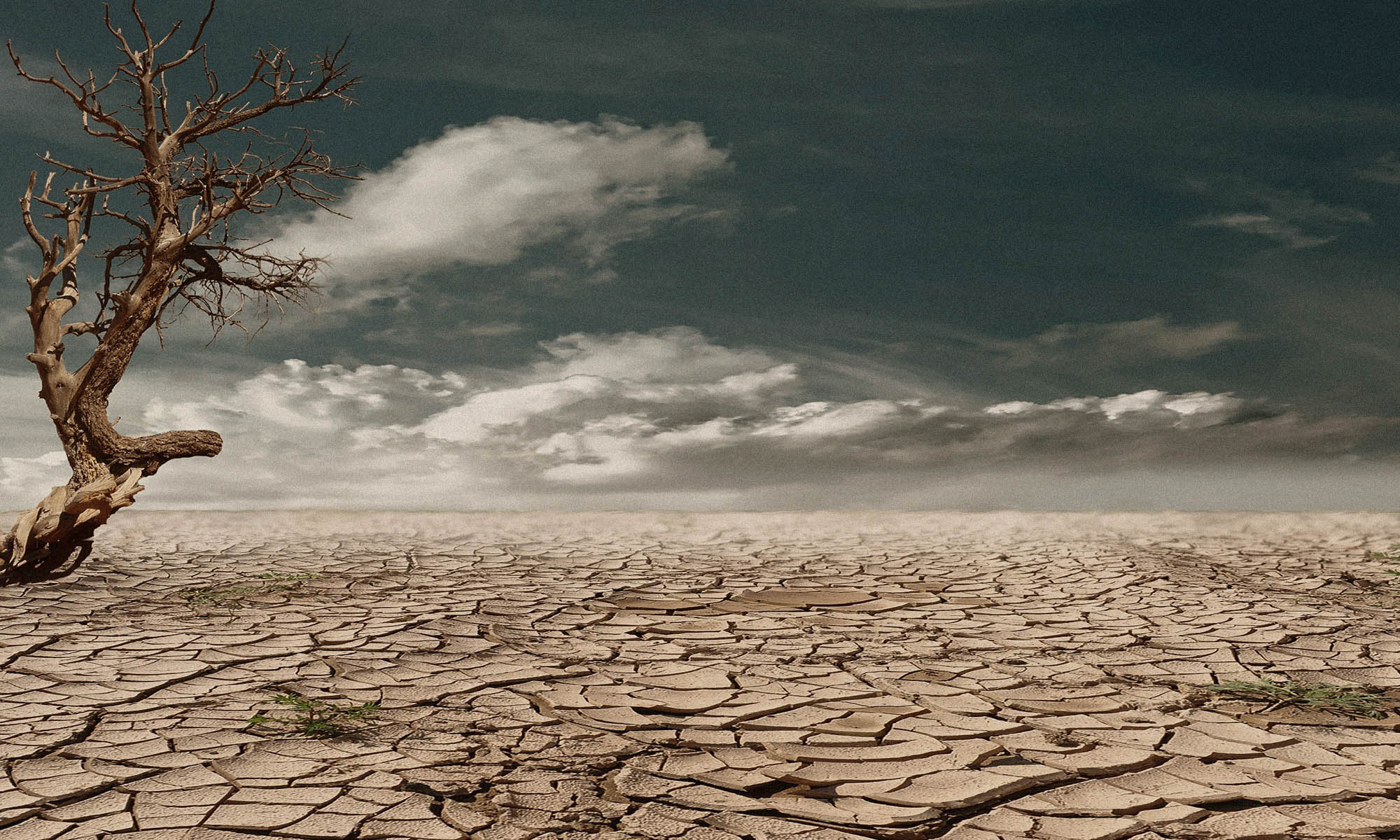Soil erosion, environmental degradation, desertification, climate change all sound synonymous. But are they? Not really, but they are all parasites that feed almost the same way.

I’ll let pictures speak for Baringo and Elgeyo Marakwet counties. Degradation there, and particularly soil erosion, is at massive scales. The rills have turned into death traps for livestock and the larger gullies highways for the nutrient rich top soil that ends up in the Kerio River and the Lake Kamnarok. Poverty level continues to rise in Kerio Valley.

The results? Siltation and the subsequent effects. As we speak the lake is becoming smaller, and a less favorite spot for the wildlife (elephants especially) that loved to quench their thirst there for fear of getting stuck in the muddy shores.

Is hope really lost here? Is this place damaged beyond repair? Really? The degradation has been going on for years, but no one seems to notice. I see people run to rehabilitate other places that aren’t really bad and I’m left wondering why they keep neglecting this. UNCCD has it’s focus on prevention of land degradation and desertification. World Agroforestry Center is a close partner. We have the Vetiver Network in our midst. The UNEP headquarters is in our city? Let us pool resources and convert this place into one breathtaking sight of nature.

